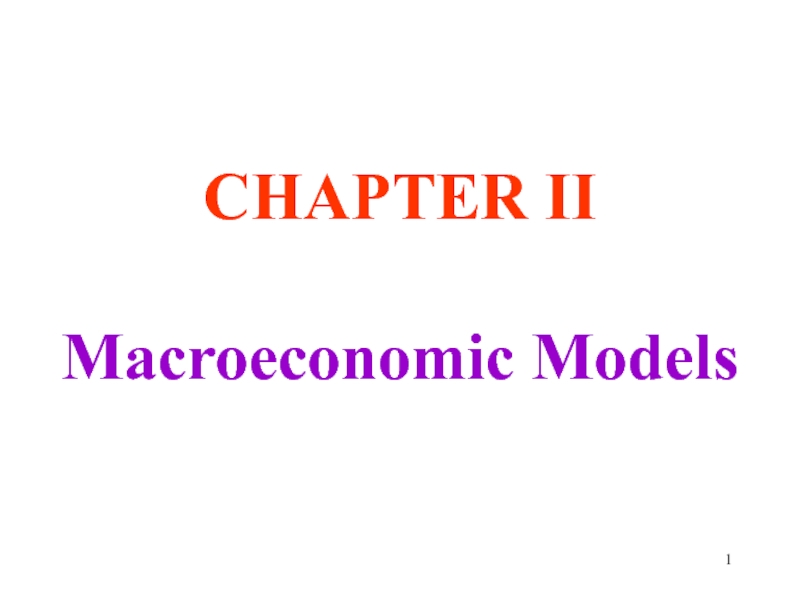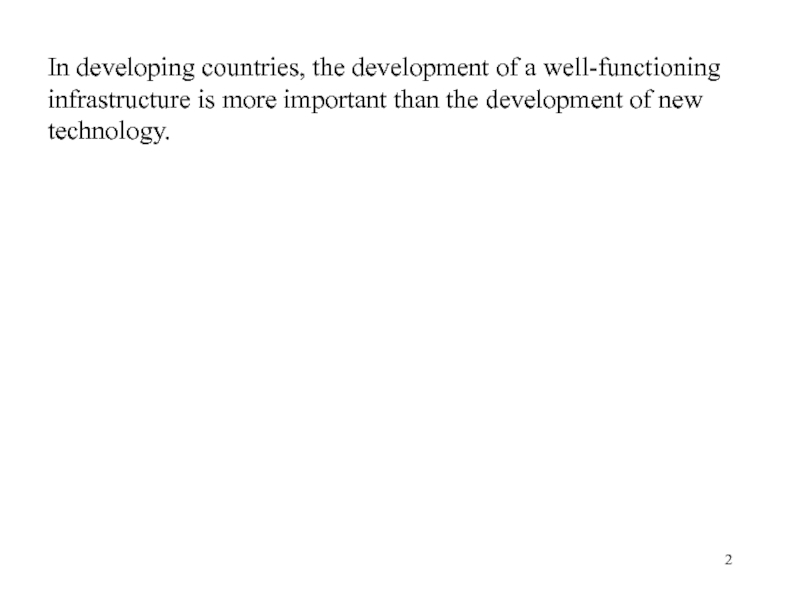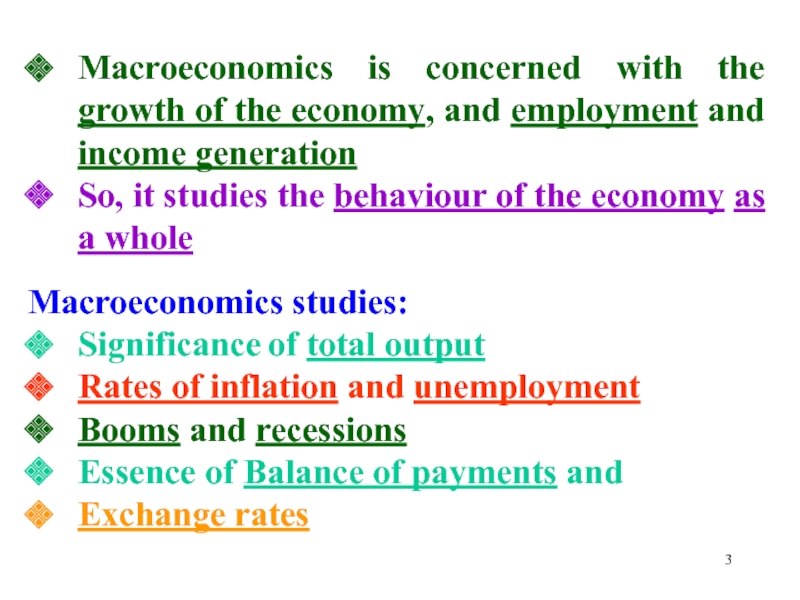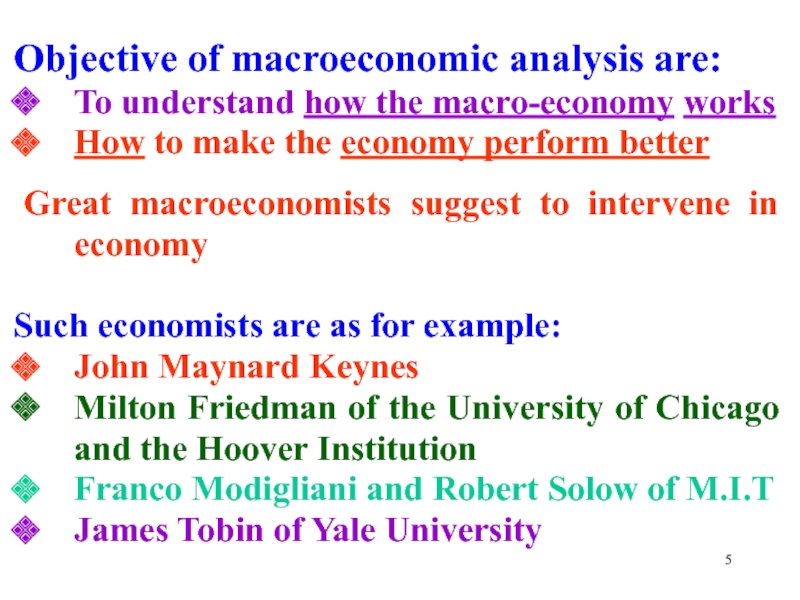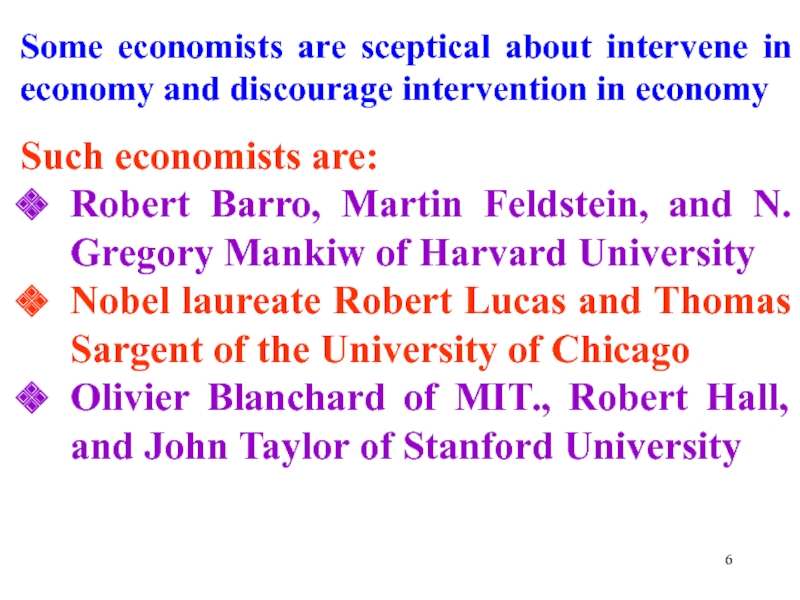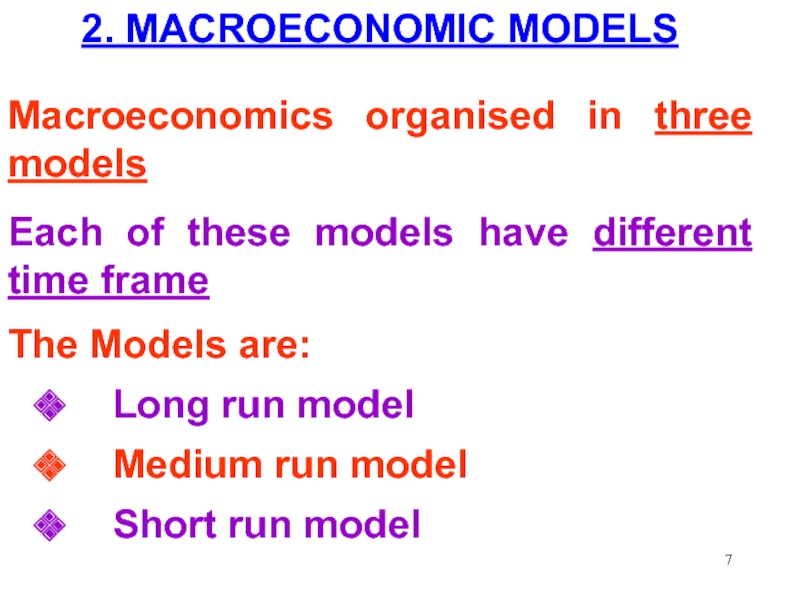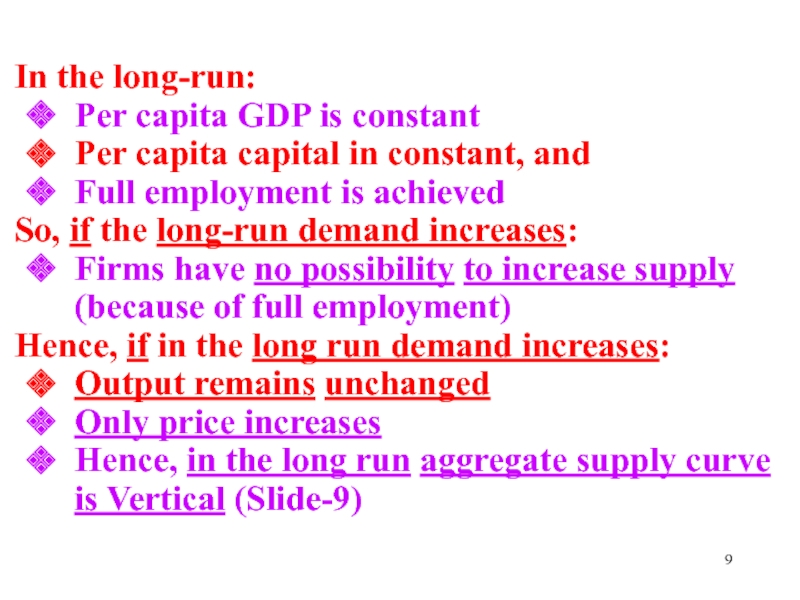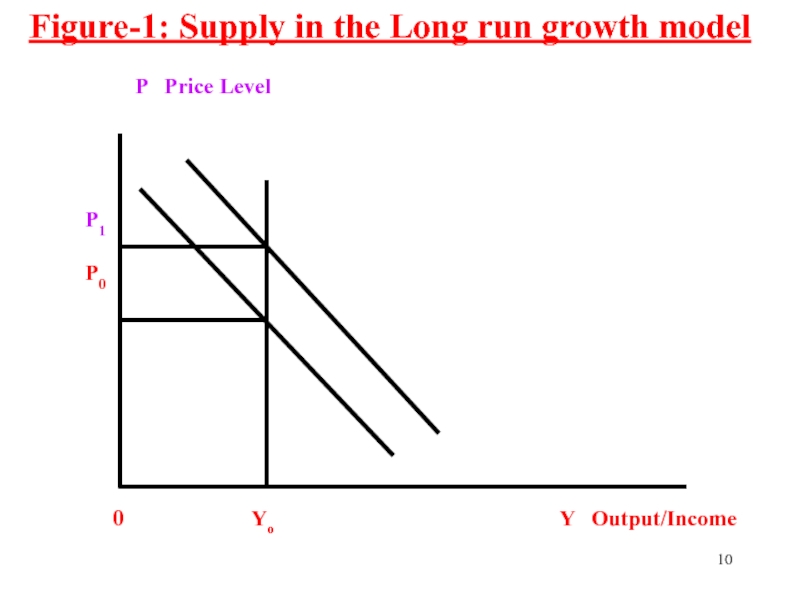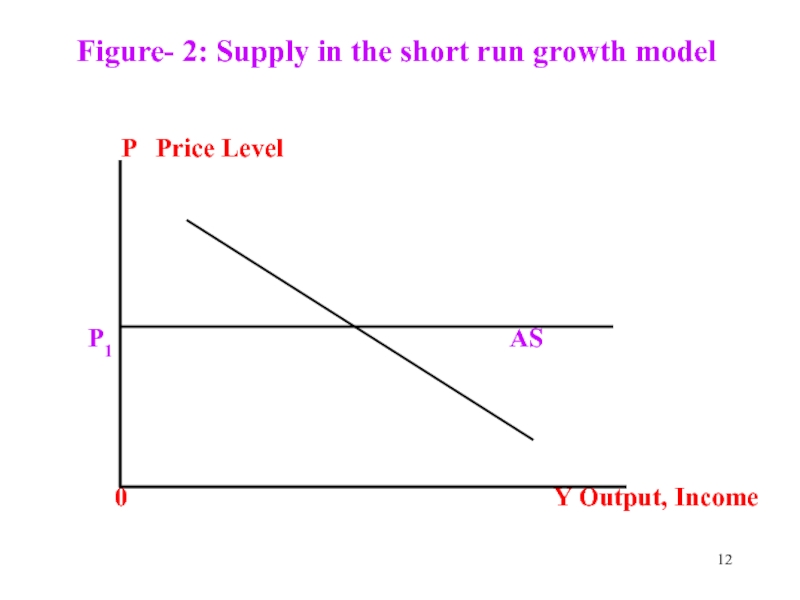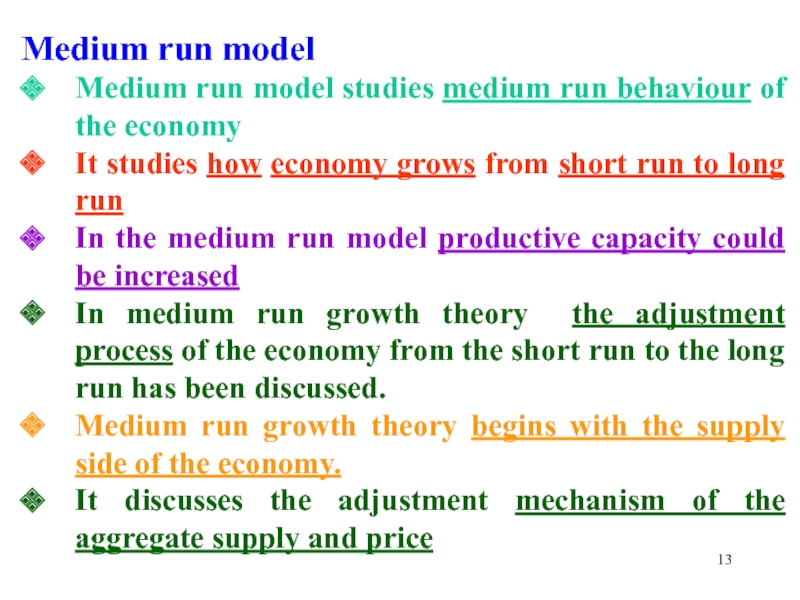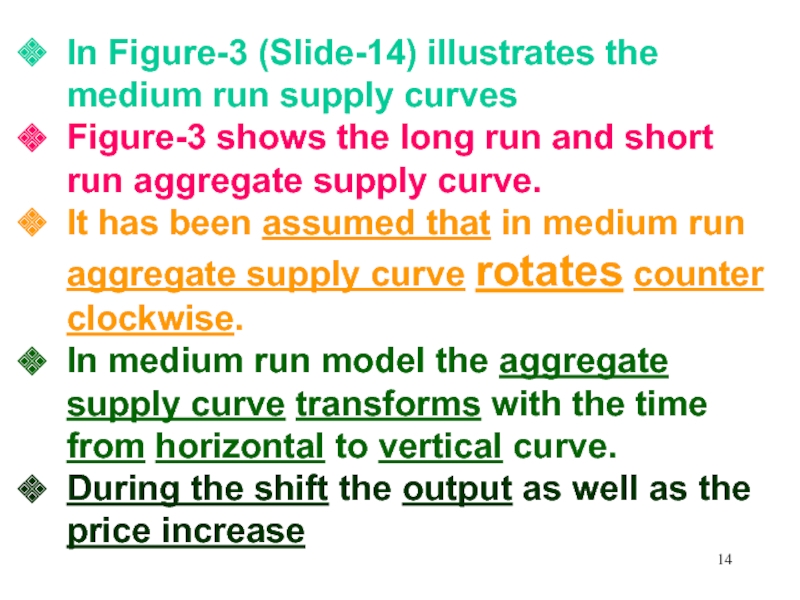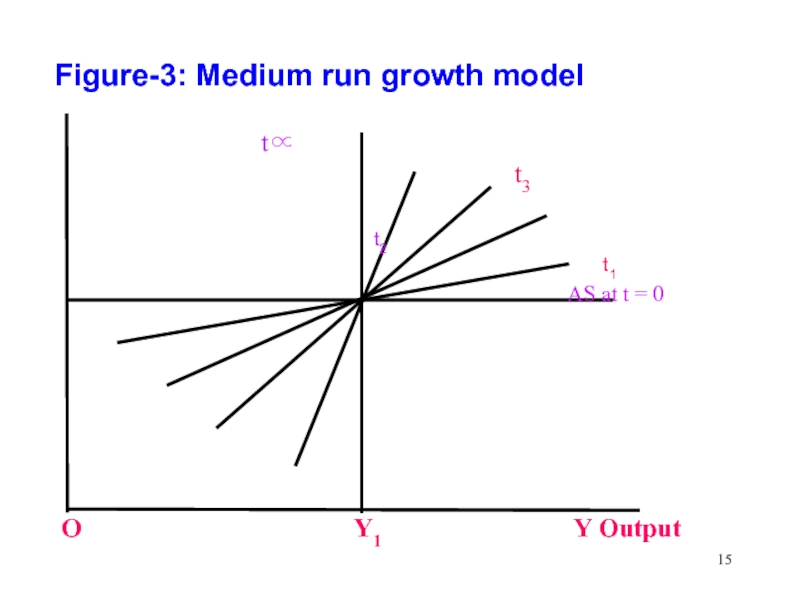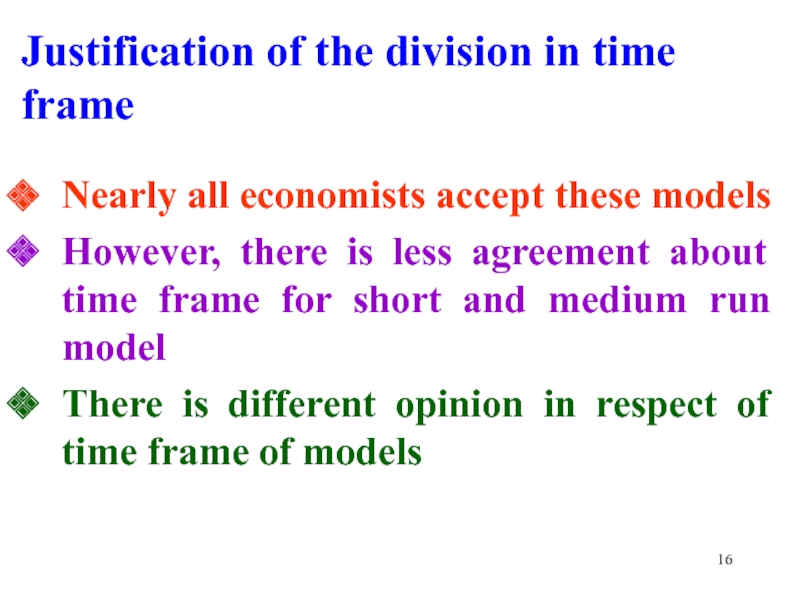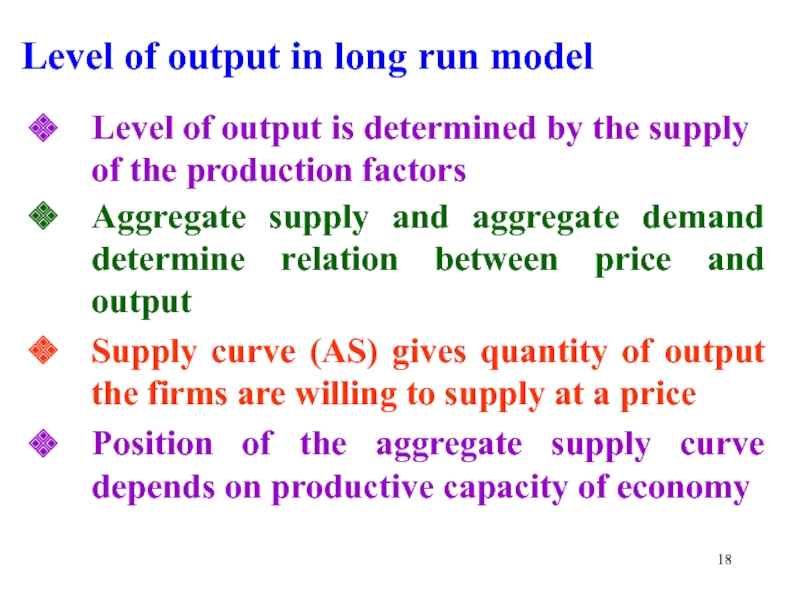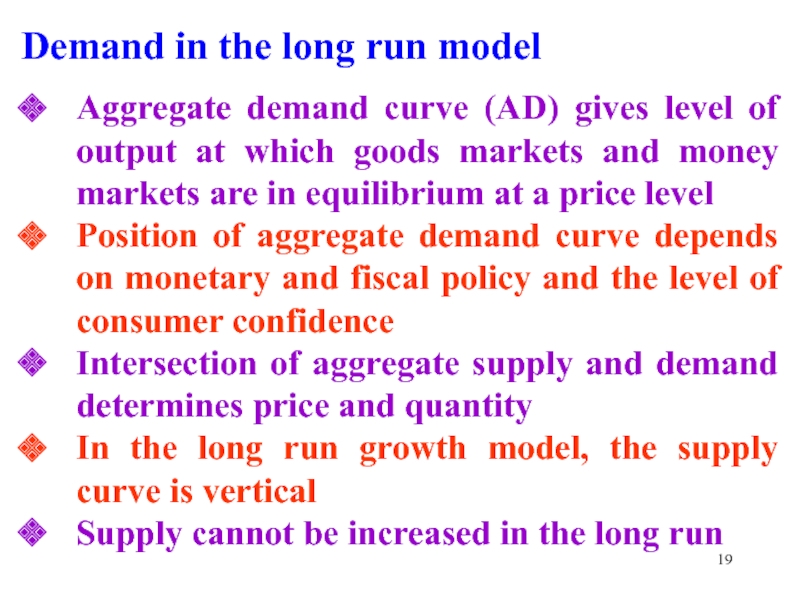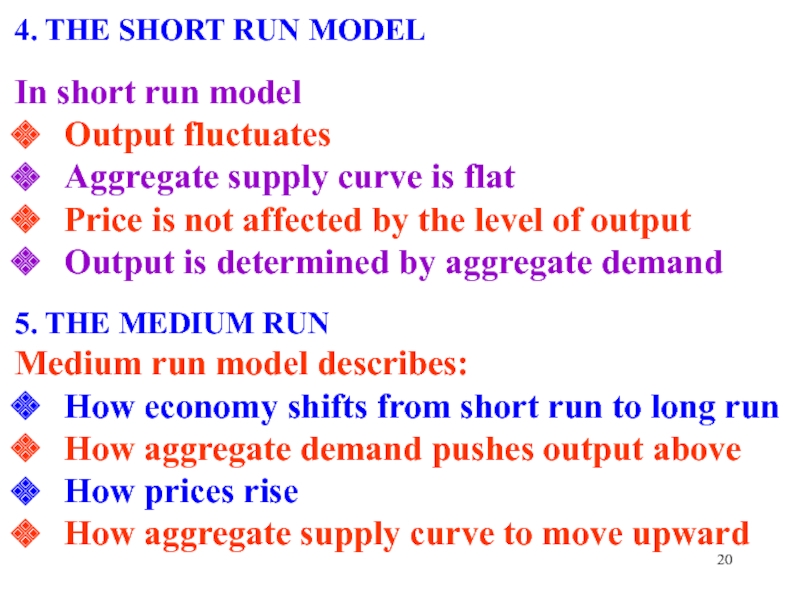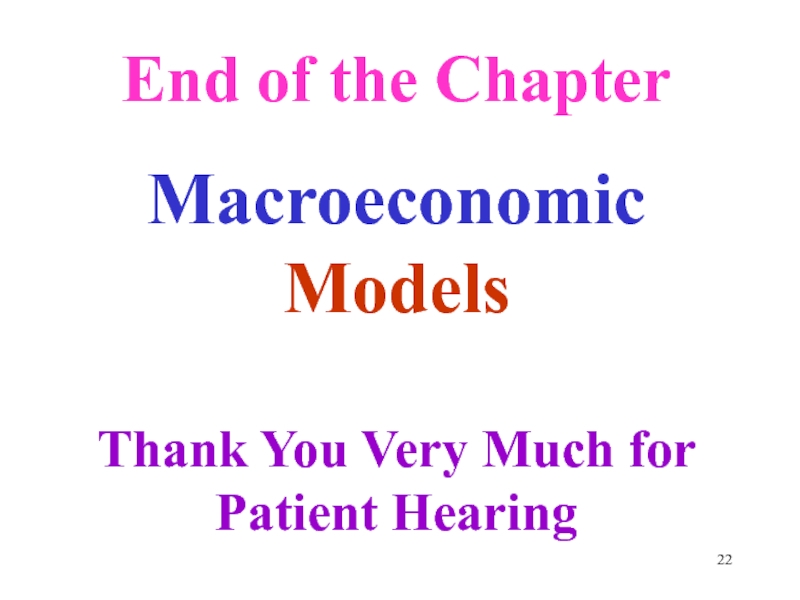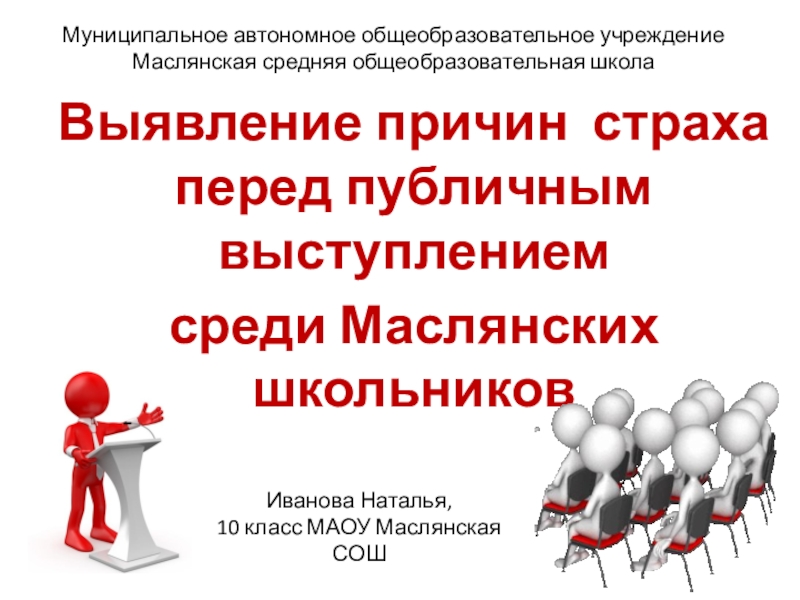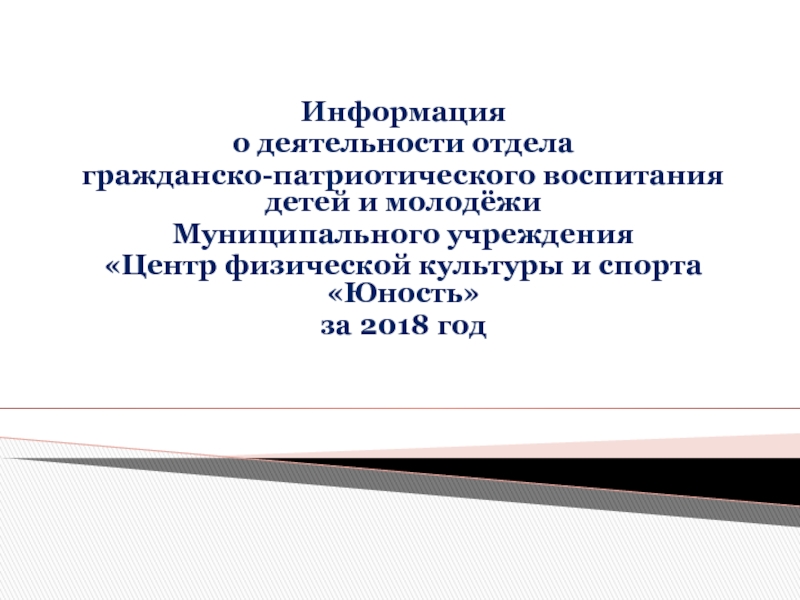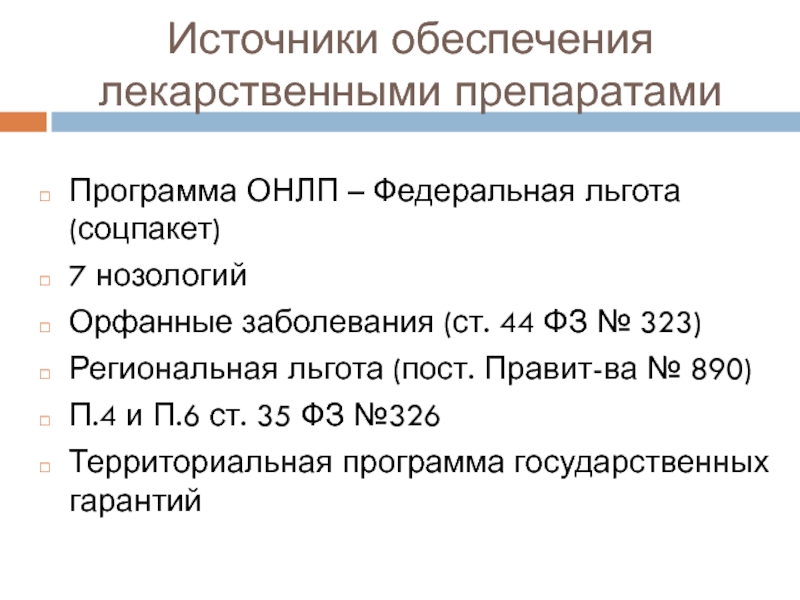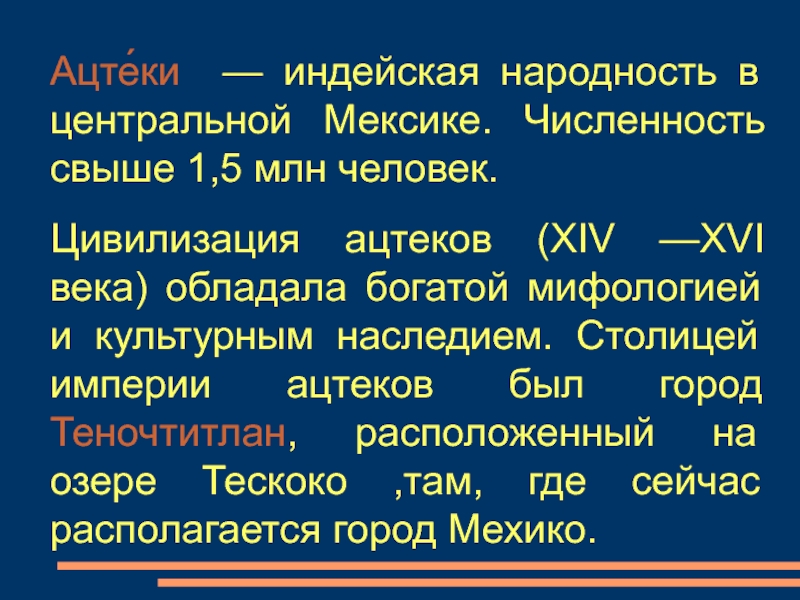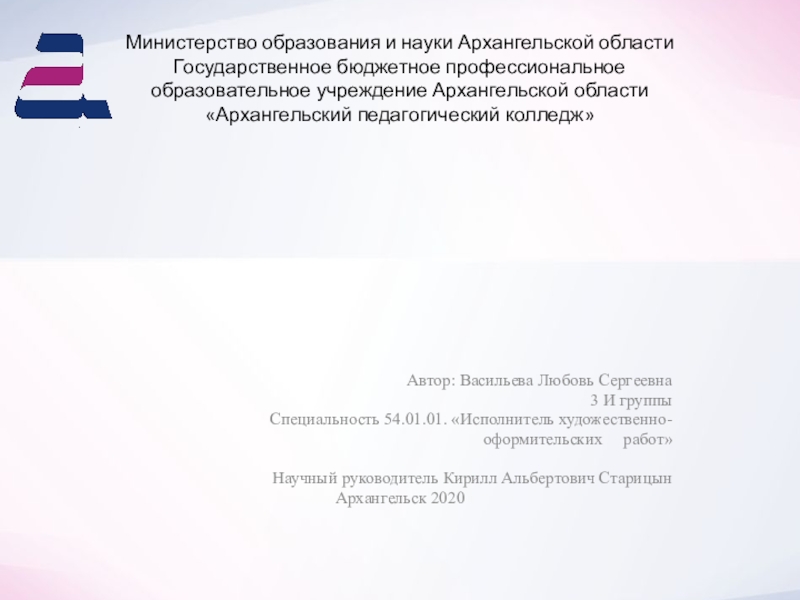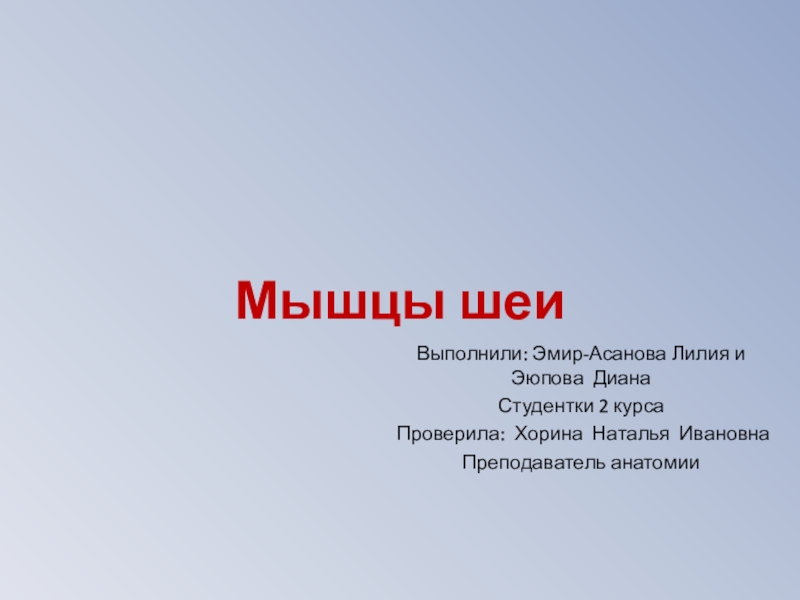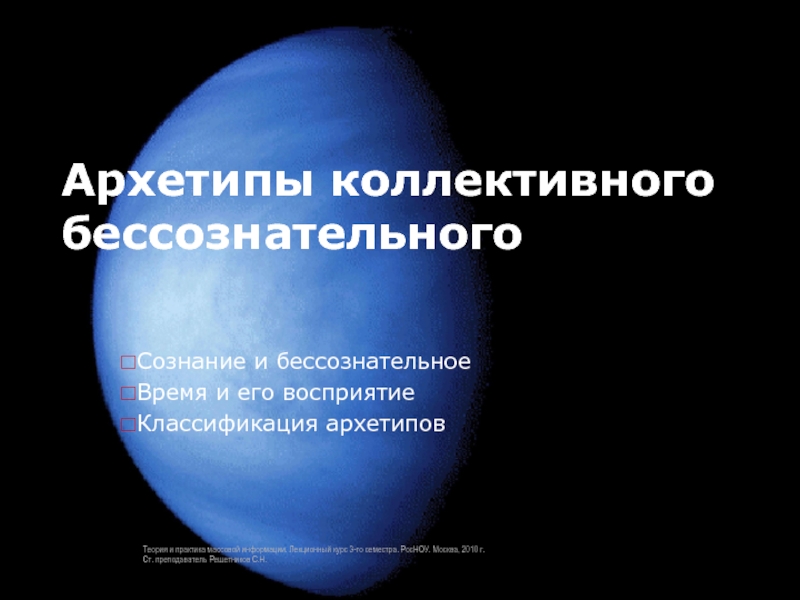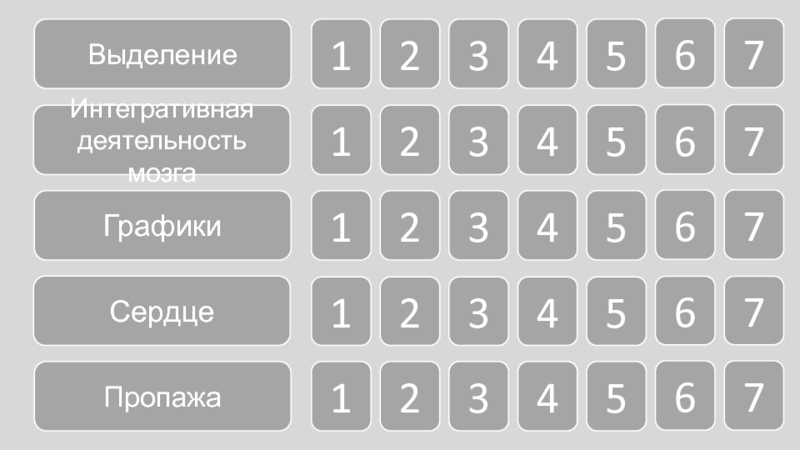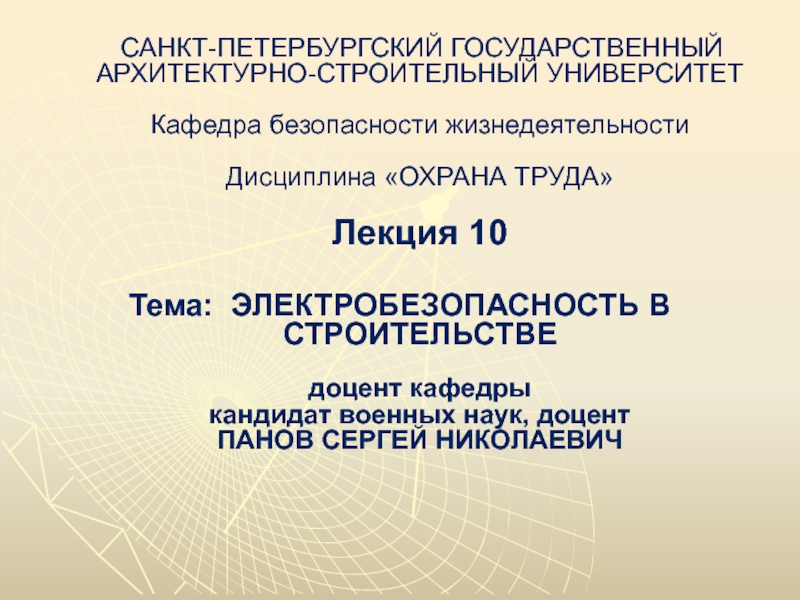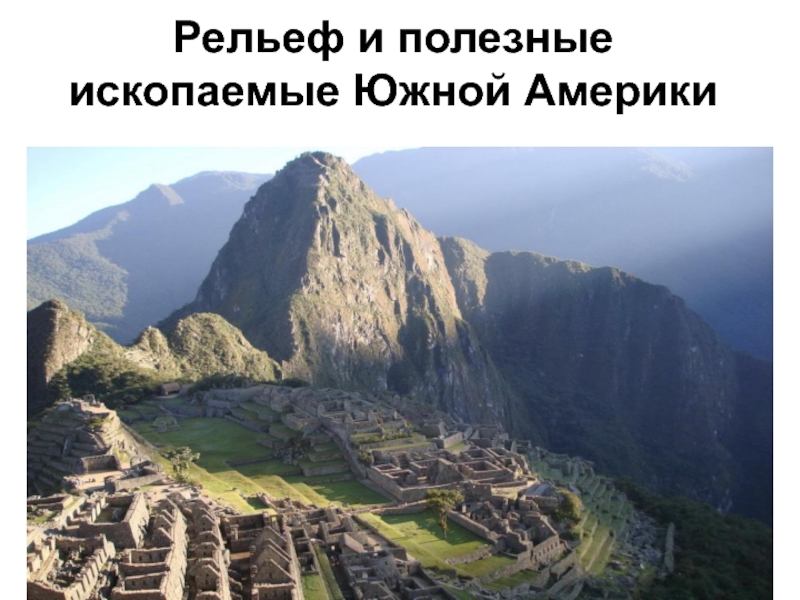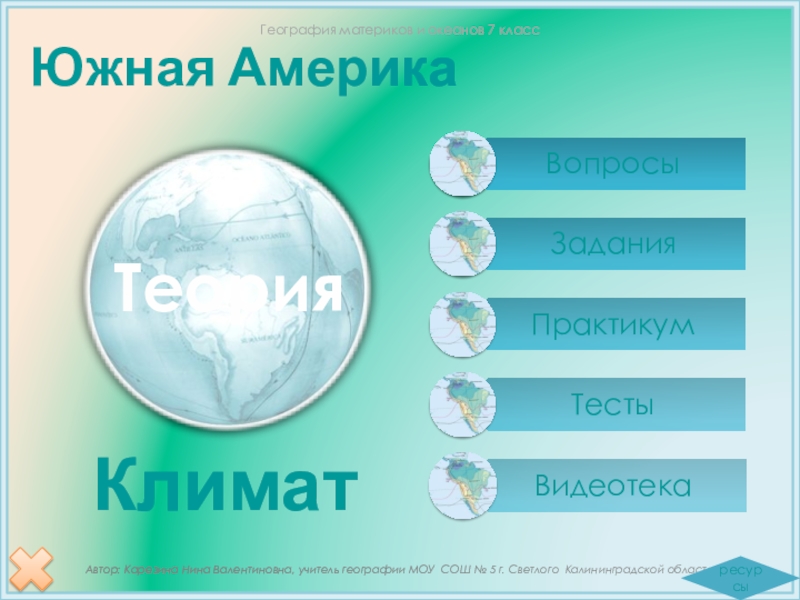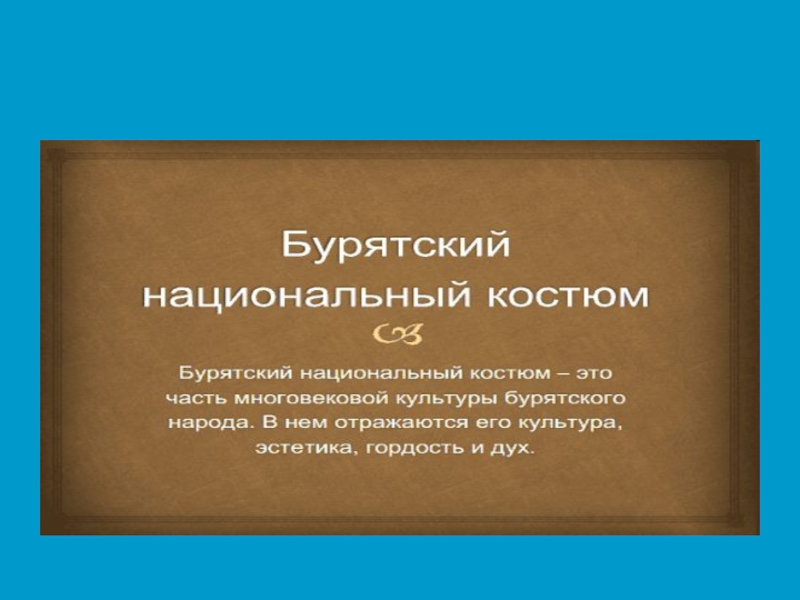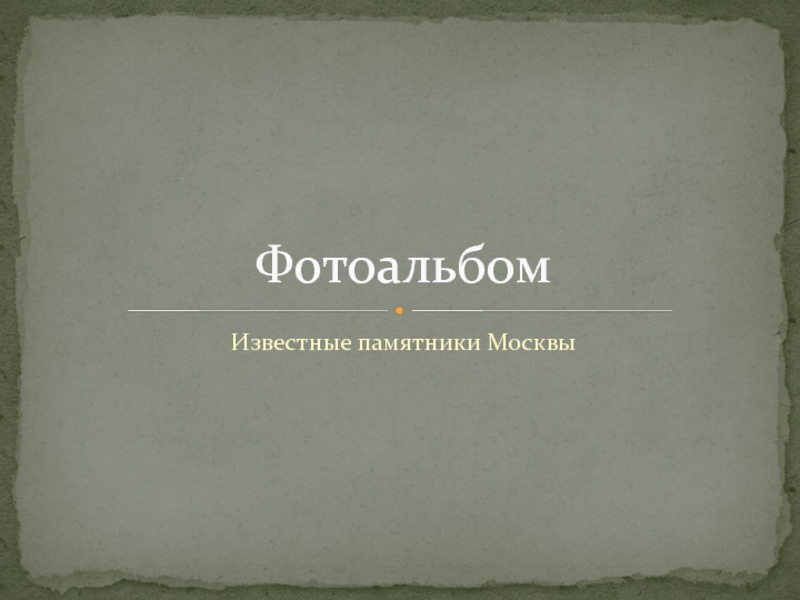Разделы презентаций
- Разное
- Английский язык
- Астрономия
- Алгебра
- Биология
- География
- Геометрия
- Детские презентации
- Информатика
- История
- Литература
- Математика
- Медицина
- Менеджмент
- Музыка
- МХК
- Немецкий язык
- ОБЖ
- Обществознание
- Окружающий мир
- Педагогика
- Русский язык
- Технология
- Физика
- Философия
- Химия
- Шаблоны, картинки для презентаций
- Экология
- Экономика
- Юриспруденция
CHAPTER II Macroeconomic Models 1
Содержание
- 1. CHAPTER II Macroeconomic Models 1
- 2. In developing countries, the development of a
- 3. Macroeconomics is concerned with the growth of
- 4. Macroeconomics analyses:Short-run behaviour of the economyMedium-run fluctuations
- 5. Objective of macroeconomic analysis are:To understand how
- 6. Some economists are sceptical about intervene in
- 7. 2. MACROECONOMIC MODELSMacroeconomics organised in three modelsEach
- 8. Long run ModelLong run model studies long
- 9. In the long-run:Per capita GDP is constant
- 10. Figure-1: Supply in the Long run growth
- 11. Short run modelShort run model studies short
- 12. Figure- 2: Supply in the short run
- 13. Medium run modelMedium run model studies medium
- 14. In Figure-3 (Slide-14) illustrates the medium run
- 15. Figure-3: Medium run growth model
- 16. Justification of the division in timeframeNearly all
- 17. 3. LONG RUN GROWTH MODELLong run growth
- 18. Level of output in long run modelLevel
- 19. Demand in the long run modelAggregate demand
- 20. 4. THE SHORT RUN MODELIn short run
- 21. What are the different macroeconomic models?Discuss the
- 22. End of the ChapterMacroeconomicModels Thank You Very Much for Patient Hearing
- 23. Скачать презентанцию
In developing countries, the development of a well-functioning infrastructure is more important than the development of new technology.
Слайды и текст этой презентации
Слайд 2In developing countries, the development of a well-functioning infrastructure is
more important than the development of new technology.
Слайд 3Macroeconomics is concerned with the growth of the economy, and
employment and income generation
So, it studies the behaviour of the
economy as a wholeMacroeconomics studies:
Significance of total output
Rates of inflation and unemployment
Booms and recessions
Essence of Balance of payments and
Exchange rates
Слайд 4Macroeconomics analyses:
Short-run behaviour of the economy
Medium-run fluctuations of the economy,
and
Long-run economic growth
Macroeconomics analyses short, medium and long run impact
of policies like:Consumption and investment policies
Changes in wages and prices
Monetary and fiscal policies
Money stock, budget, interest rates, and the national debt
Foreign exchange rate and the trade balance
Слайд 5Objective of macroeconomic analysis are:
To understand how the macro-economy works
How
to make the economy perform better
Great macroeconomists suggest to intervene
in economySuch economists are as for example:
John Maynard Keynes
Milton Friedman of the University of Chicago and the Hoover Institution
Franco Modigliani and Robert Solow of M.I.T
James Tobin of Yale University
Слайд 6Some economists are sceptical about intervene in economy and discourage
intervention in economy
Such economists are:
Robert Barro, Martin Feldstein, and N.
Gregory Mankiw of Harvard UniversityNobel laureate Robert Lucas and Thomas Sargent of the University of Chicago
Olivier Blanchard of MIT., Robert Hall, and John Taylor of Stanford University
Слайд 72. MACROECONOMIC MODELS
Macroeconomics organised in three models
Each of these models
have different time frame
The Models are:
Long run model
Medium run model
Short
run modelСлайд 8Long run Model
Long run model studies long run behaviour of
the economy
Long run model discusses growth theory
It focuses on growth
of productive capacityIn the Long run model the level of productivity determines:
Output, fluctuation in demand that determines price and inflation
Слайд 9
In the long-run:
Per capita GDP is constant
Per capita capital
in constant, and
Full employment is achieved
So, if the long-run demand
increases:Firms have no possibility to increase supply (because of full employment)
Hence, if in the long run demand increases:
Output remains unchanged
Only price increases
Hence, in the long run aggregate supply curve is Vertical (Slide-9)
Слайд 11Short run model
Short run model studies short run behaviour of
the economy
It analyses level of output and unemployment
It analyses quantity
of output that firms are willing to supply at a given price levelIf in short-run demand increases, firms increase supply
Firms use this opportunity to achieve gain
They keep price unchanged and increase supply
So, in short-run aggregate supply curve remains horizontal (Slide-11)
Слайд 13Medium run model
Medium run model studies medium run behaviour of
the economy
It studies how economy grows from short run to
long run In the medium run model productive capacity could be increased
In medium run growth theory the adjustment process of the economy from the short run to the long run has been discussed.
Medium run growth theory begins with the supply side of the economy.
It discusses the adjustment mechanism of the aggregate supply and price
Слайд 14In Figure-3 (Slide-14) illustrates the medium run supply curves
Figure-3 shows
the long run and short run aggregate supply curve.
It
has been assumed that in medium run aggregate supply curve rotates counter clockwise.In medium run model the aggregate supply curve transforms with the time from horizontal to vertical curve.
During the shift the output as well as the price increase
Слайд 16Justification of the division in time
frame
Nearly all economists accept these
models
However, there is less agreement about time frame for short
and medium run modelThere is different opinion in respect of time frame of models
Слайд 173. LONG RUN GROWTH MODEL
Long run growth model analyses how
investment in technology leads to increase living standard
Long run growth
model ignores recessions, booms and short run fluctuationIt is assumed that labour, capitals, raw materials and so on are fully employed in the long run
Слайд 18Level of output in long run model
Level of output is
determined by the supply of the production factors
Aggregate supply and
aggregate demand determine relation between price and outputSupply curve (AS) gives quantity of output the firms are willing to supply at a price
Position of the aggregate supply curve depends on productive capacity of economy
Слайд 19Demand in the long run model
Aggregate demand curve (AD) gives
level of output at which goods markets and money markets
are in equilibrium at a price levelPosition of aggregate demand curve depends on monetary and fiscal policy and the level of consumer confidence
Intersection of aggregate supply and demand determines price and quantity
In the long run growth model, the supply curve is vertical
Supply cannot be increased in the long run
Слайд 204. THE SHORT RUN MODEL
In short run model
Output fluctuates
Aggregate supply
curve is flat
Price is not affected by the level of
outputOutput is determined by aggregate demand
5. THE MEDIUM RUN
Medium run model describes:
How economy shifts from short run to long run
How aggregate demand pushes output above
How prices rise
How aggregate supply curve to move upward
